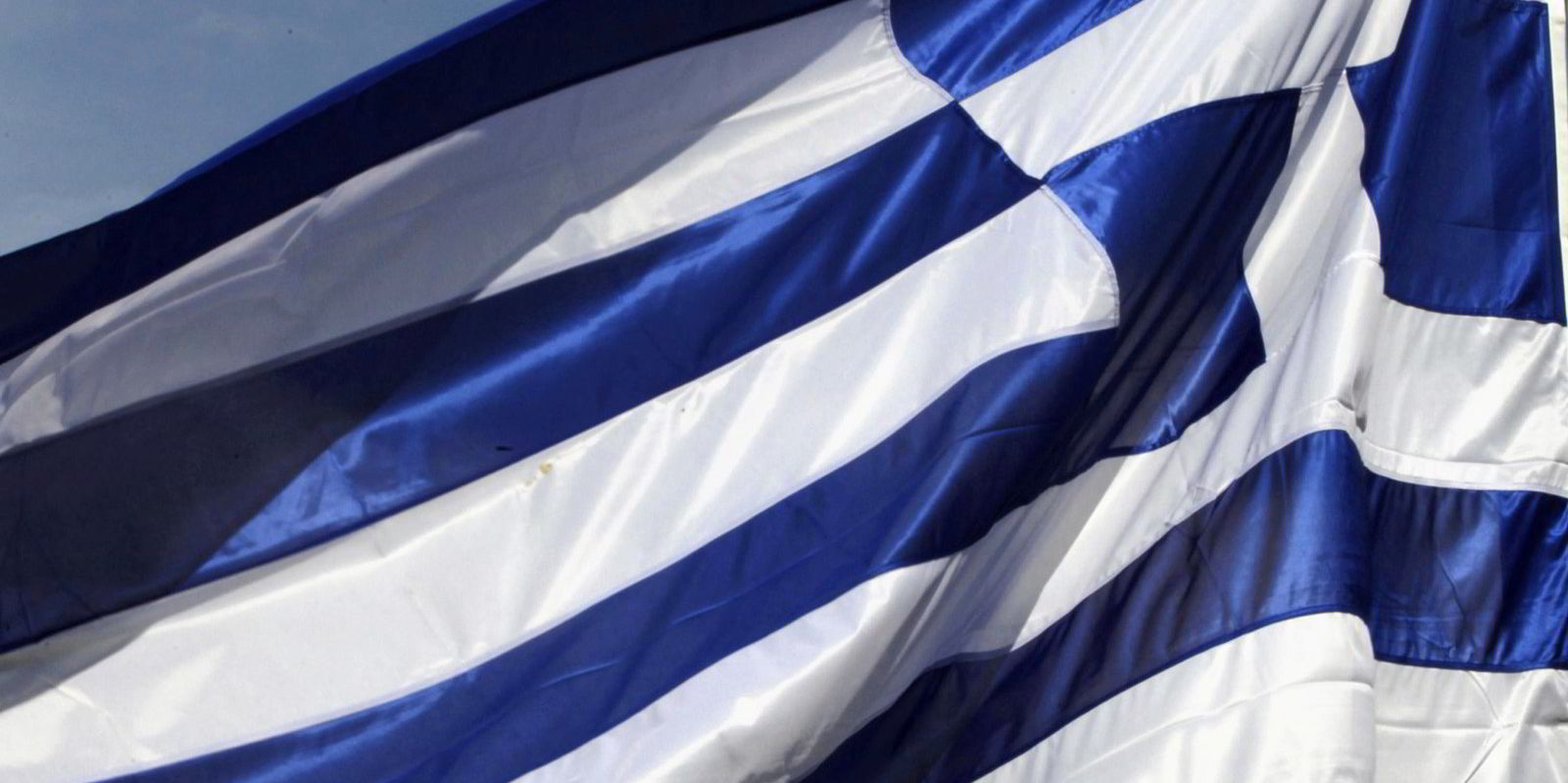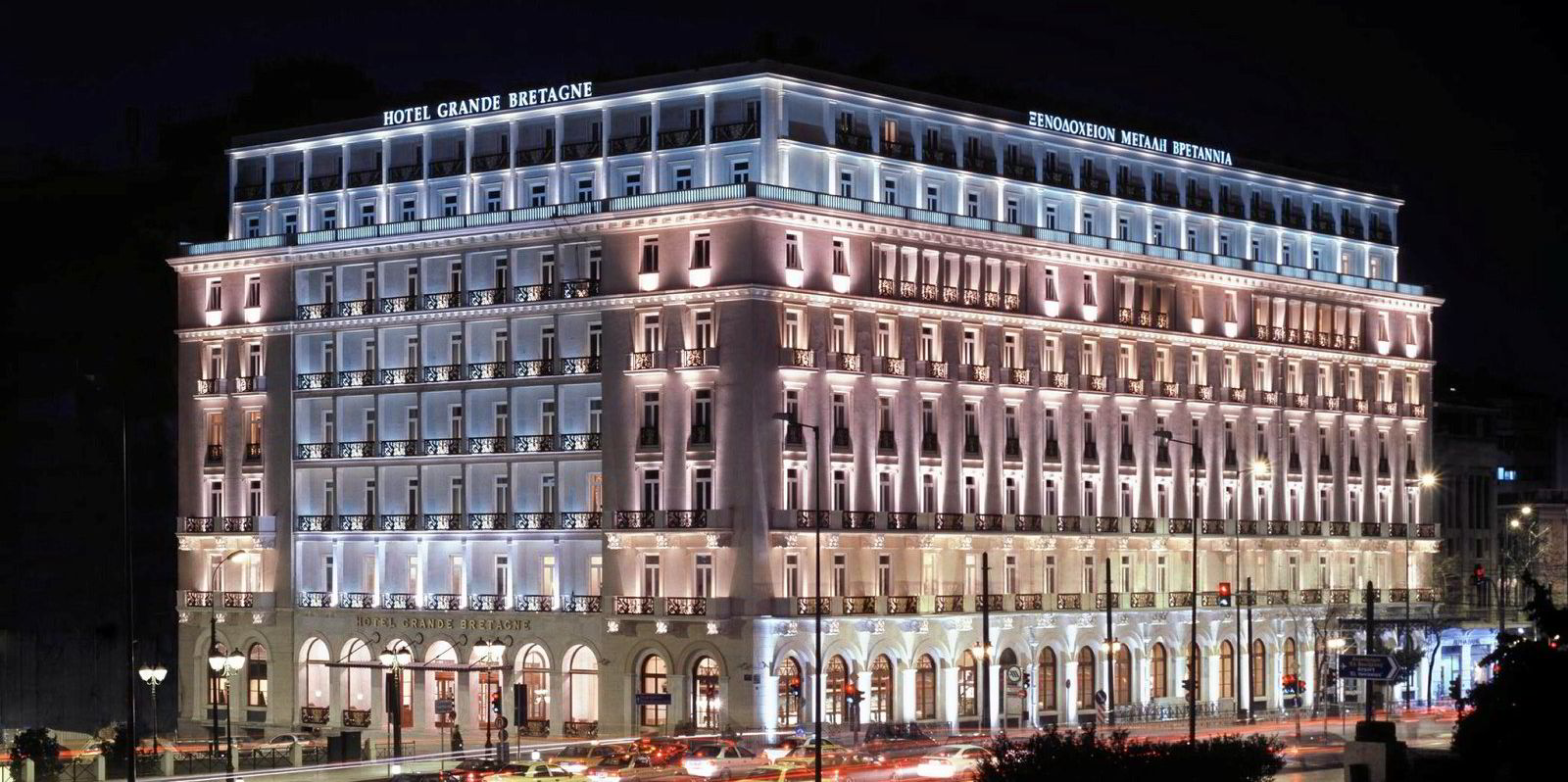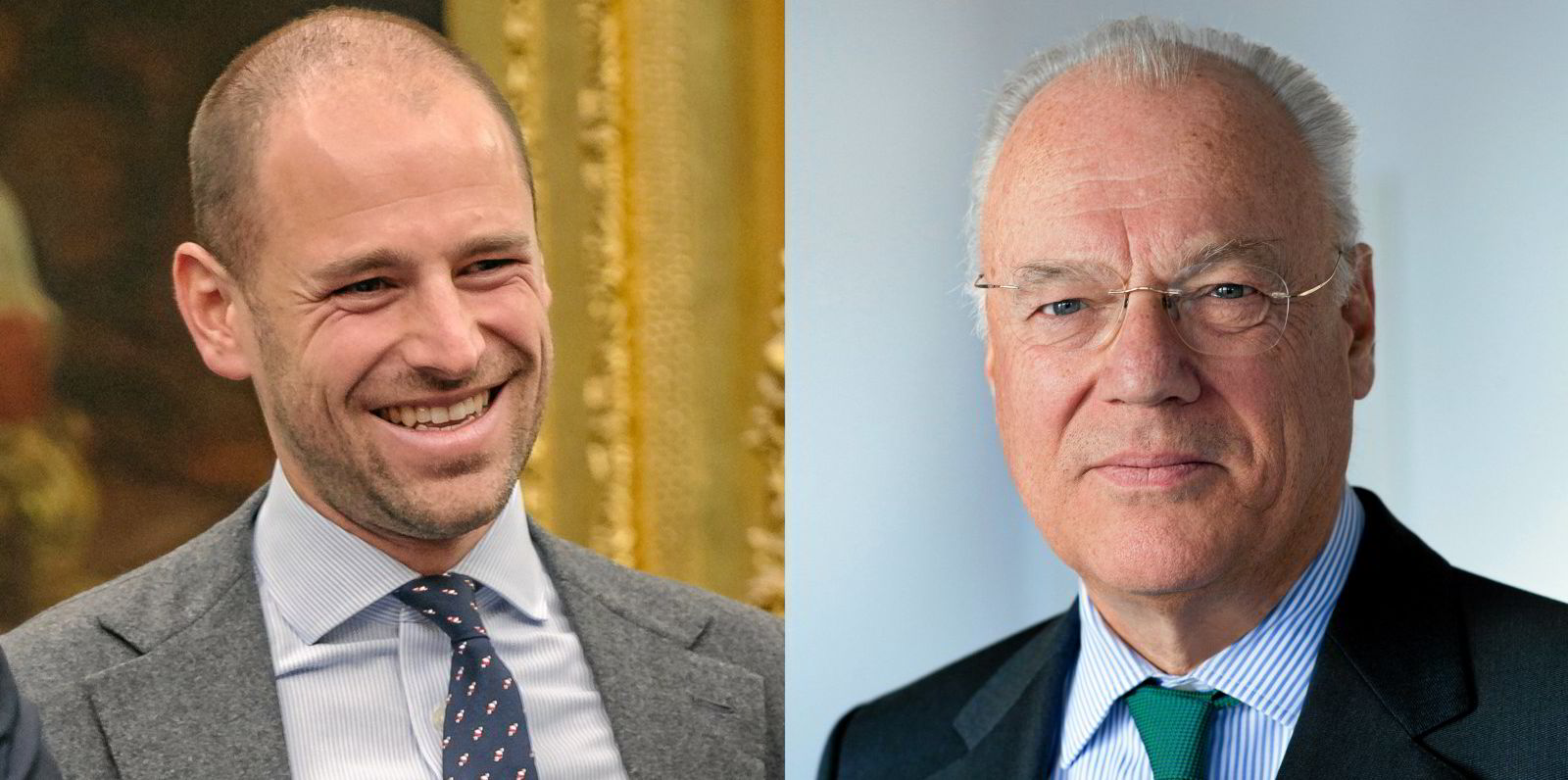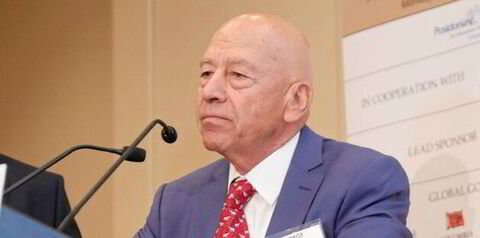Panos Laskaridis has shed some light on the rationale and process under which his branch of the family split its interests from that of his brother — Thanassis — about two years ago.
According to the Greek owner, no fundamental difference in their business outlook was behind the move, which was solely motivated by family succession considerations.

This article is part of our Greece business focus, which includes articles on future fuels, tonnage tax wobbles and how the nation’s shipowners are seeking ways to reassert their dominance.
The Laskaridis family owns assets across a wide spectrum of public and privately held companies — ships, hotels, airlines, leisure and entertainment.
The main problem was the private side of the business, in which succession among two dozen descendants threatened to become unmanageable without some kind of delineation.
“We discussed it a lot — if anything happened to any one of us [one of the two brothers], then the whole thing would become a total mess,” Panos Laskaridis said.
In the end, it was agreed that Panos would buy out Thanassis’ 50% family stake in a string of jointly owned businesses. Given the sheer size of the group’s assets, Panos also used his holdings in other businesses rather than just cash to fund the transaction.
In the end, Panos took control of the group’s bulkers, reefers and tankers on the water.
Thanassis remained in shipping through a new company he set up — Laskaridis Maritime — which has acquired its vessels after the brothers went their separate ways.
As part of the payment, Panos handed over his share in two Spanish ship repair yards, a grain and wood pellet terminal in Uruguay, as well as some shares in Lampsa SA — an Athens-listed hotel business that runs Greece’s most prestigious hotel, the Grande Bretagne.
The split left other assets broadly unchanged, including stakes in Greece’s Aegean Airlines, as well as in the Regency Entertainment casino business.
In terms of the shipping assets, the timing of the separation proved fortunate for Panos, given how well the bulker market performed right after the split.
“I was extremely lucky ... the market was extremely good in 2021 and 2022, so we recovered a lot of the cost,” he said.




